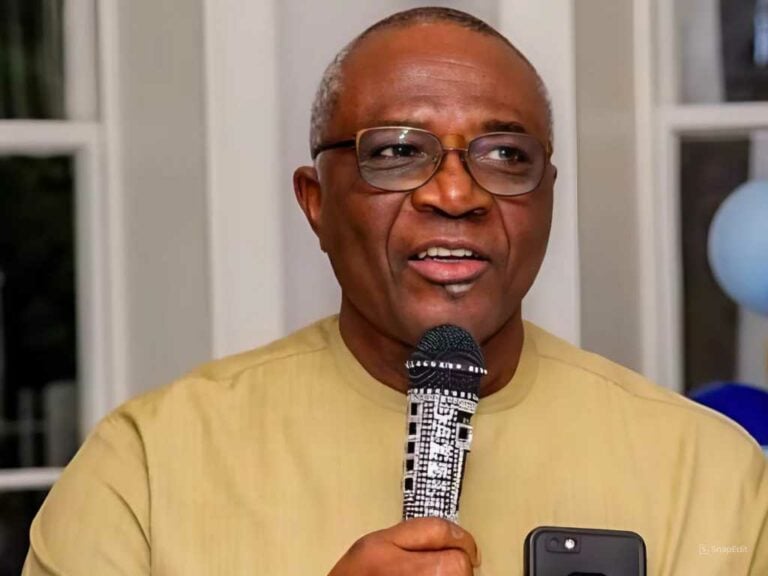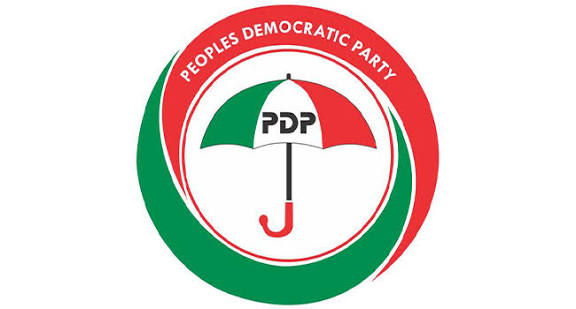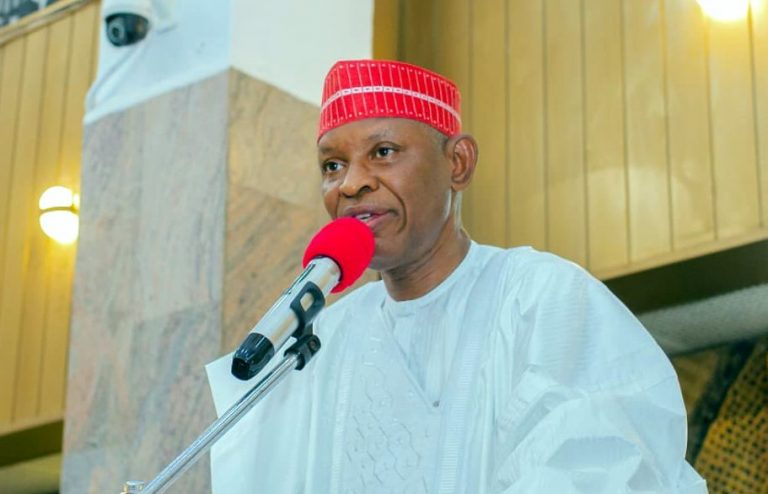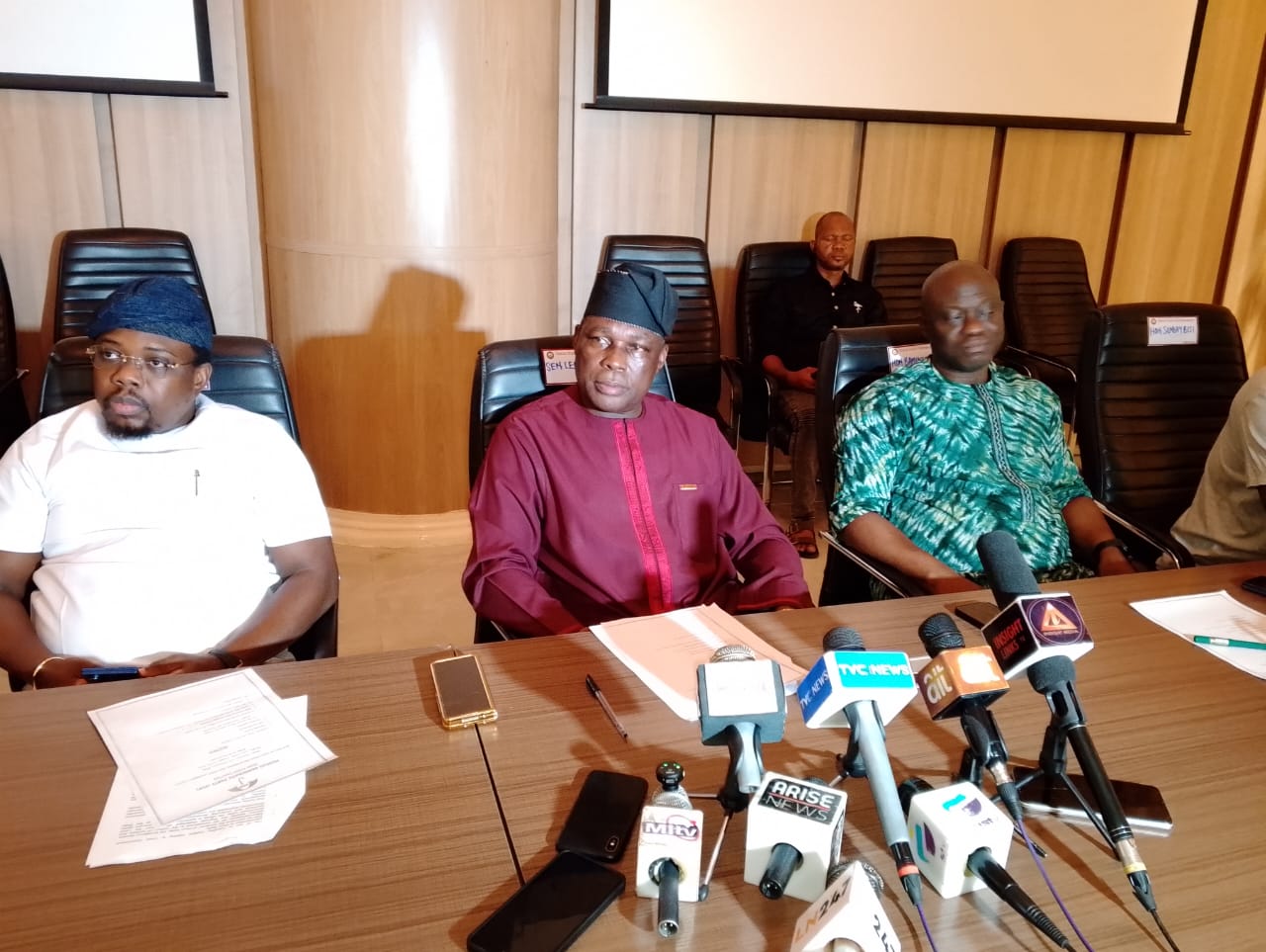President Muhammadu Buhari on Tuesday, August 09, 2022, addressed separatist movements, passing the message that Nigeria will remain one nation.
Speaking at the State House, Abuja, while receiving in audience former state chairmen of the defunct Congress for Progressive Change (CPC), President Buhari said the country must not go to war again, in the name of agitation for separation.
What you should know: Currently, separatist activities are notable in the country, with some southeasterners desirous of a Biafra sovereign nation, and others of southwest extraction clamouring for the creation of a Yoruba nation.
President Buhari’s words: “Our main objective is the Federal Republic of Nigeria. We are human beings. We have our weaknesses, but I can assure you that the patriotism in us is hard earned,” Buhari said.
“We have gone through all the troubles from 15th of January 1966 to date. You know what I mean by this, we have killed a million of ourselves in order to keep this country together.
“I don’t think there can be any practical experience more than that. We are Nigerians. God willing, we remain Nigerians and Nigeria will remain one.”
Separatists’ agenda: Separatist movements of Nigeria want to achieve state secession, which is the withdrawal of one or more states from the multinational Federal Republic of Nigeria.
Separatist movements in Nigeria include:
The Indigenous People of Biafra (IPOB) and its arm wing the Eastern Security Network who support the independence of the Republic of Biafra by mostly Igbo people from the eastern part of the country. They are allied with the Anglophone Cameroonian independence movement.
The Oduduwa Republic, a Yoruba secessionist movement,
The Arewa Republic, in the North of the country,
The Niger Delta Republic, supported by the Niger Delta Liberation Front and the Movement for the Emancipation of the Niger Delta, leading to the 2016 Niger Delta conflict.
How strong are these movements?: As of 2021, according to the US Council on Foreign Relations, only a minority of the Igbo and the Yoruba support separatism.
Advertisement






